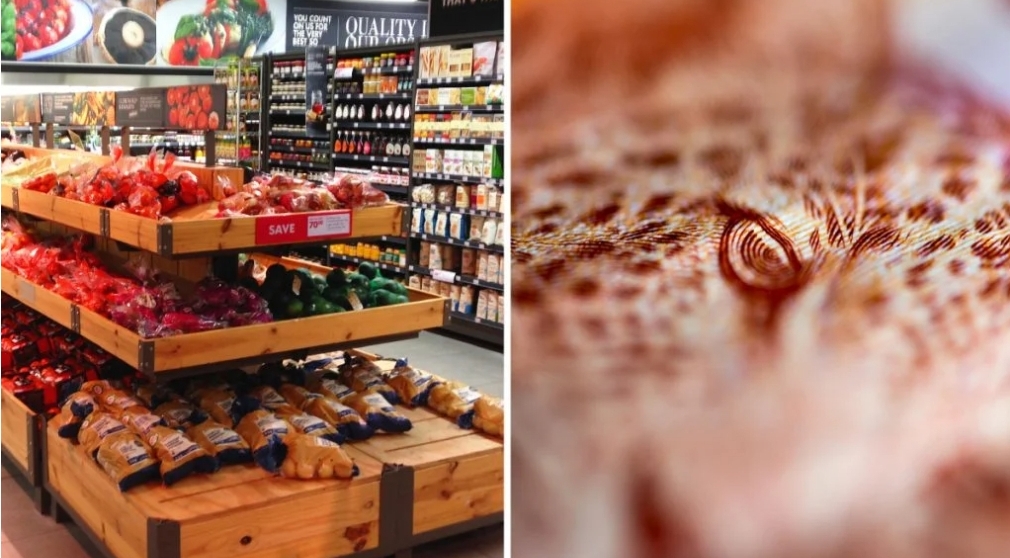How much you would have if you invested R1,000 in Woolies, Pick n Pay, Shoprite, and more in January

Between 1 January and 3 May 2024, Spar, Woolworths, and Pick n Pay saw their share prices drop by double-digit percentages.
Retailers, including those mentioned below, have noted that ongoing inflationary and other cost-of-living pressures and domestic service issues have strained their businesses.
Spar was particularly hard hit, slumping 14.64% year-to-date (YTD) after the retail group’s profitability over the last year has been severely hampered by a botched implementation of SAP at its KwaZulu-Natal distribution centre.
Additionally, Spar has R10 billion of debt — largely euro-denominated — with about R250 million due this year.
In November, the company, which supports a network of independent retailers who trade under its brand through its warehousing and distribution business, halted its dividend and reported a 47% drop in full-year operating profit.
The decline in earnings has seen Spar’s shares slump as much as 21% this year, compared with a 15% gain on the six-member grocery store index.
Woolworths has also seen its earnings and profits drop as South African and Australian consumers battle to find extra cash.
Although the group’s financials for the first half of the 2024 financial year (H1 2024) are not comparable to the prior period (H1 2023) – as David Jones was included in H1 2023 – the group’s results were still heavily impacted by interest rate increases and elevated living costs.
In South Africa, business operations were severely impacted by high levels of load shedding, port delays and the impact of Avian flu on key foods.
Overall, when looking at continuing operations, earnings per share and headline earnings per share decreased by 7.4% and 7.5%, respectively.
“The outlook for the rest of the financial year is expected to remain challenging. Whilst inflation is expected to ease gradually, interest rates across both geographies are likely to remain elevated, placing continued pressure on consumer disposable income,” the group said.
However, Woolworths added that it remains confident in its ability to deliver against its strategies and is well-placed to benefit from any cyclical consumer recovery.
Despite this, Woolworths’s YTD performance slumped 15.18%.
This tough trading environment also hit Pick n Pay, which posted a significant loss for the six months ended 27 August 2023 (H1 FY24).
The group’s key core supermarket business took a severe hit due to load-shedding expenses and employee restructuring.
Pick n Pay’s YTD performance also dropped into the double-digits, recording a decline of -13.10%.
On the other hand, Shoprite continues to outperform its peers, with the group reporting a 13.9% surge in sales for the half-year that ended 31 December 2023.
This comes on the back of the group extending its “period of uninterrupted market share gains” in its core South African supermarket business to 58 months.
It is clearly benefiting from woes at Pick n Pay and beating competitors like Spar and Woolworths by achieving double-digit sales growth.
However, this didn’t save Shoprite’s YTD performance from negative territory, with the share price slumping 6.44%.
The table below compares the performance of the shares of South Africa’s most popular grocery retailers and what the value of a R1,000 investment in each company at the start of the year would be today (as of 3 May 2024).
| Retailer | Share price change in YTD 2024 | Today’s value of R1,000 investment invested at the start of 2024 |
|---|---|---|
| Shoprite | -6.44% | R935.60 |
| Pick n Pay | -13.10% | R869.00 |
| Spar | -14.64% | R853.60 |
| Woolworths | -15.18% | R984.82 |





